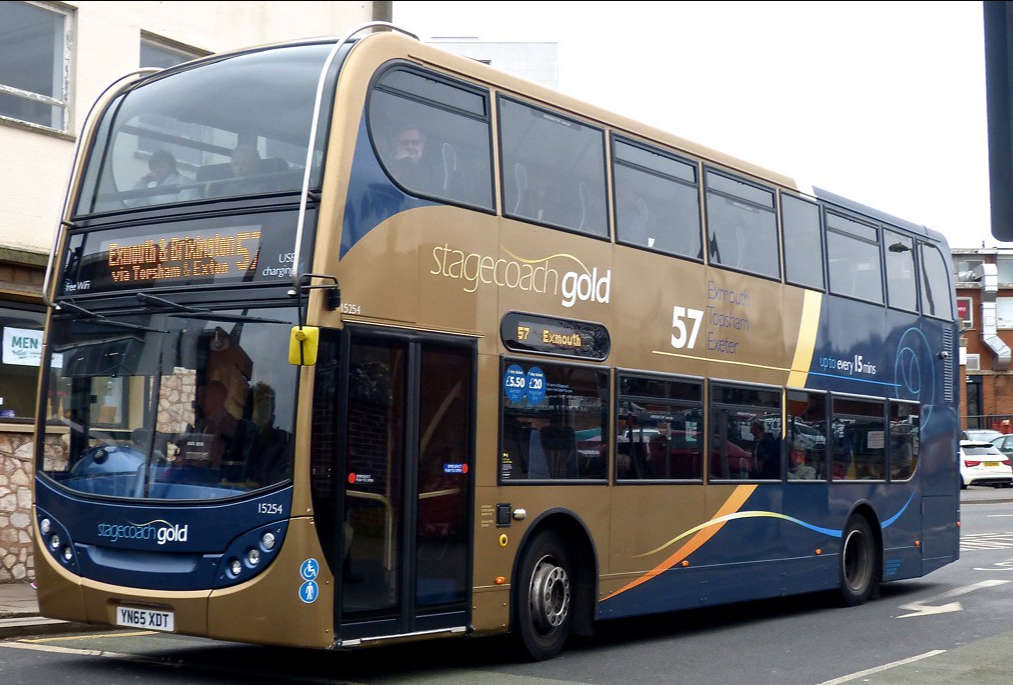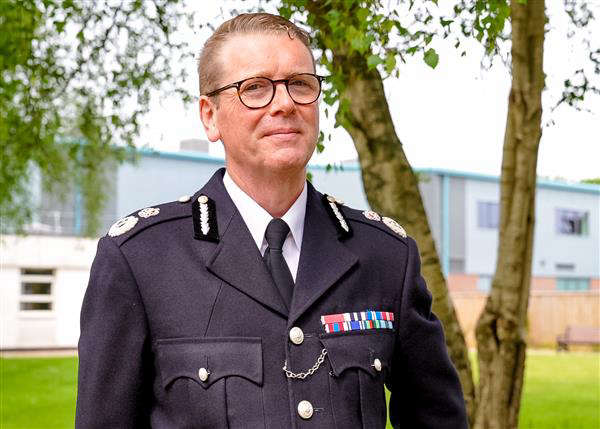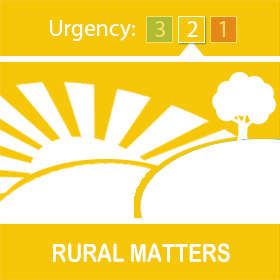
The investment has been designated to enhance popular routes, protect rural services and increase bus use for shopping, socialising and commuting. It will prevent service reductions on at-risk routes and improve punctuality.
- New funding will support, improve and protect crucial bus services across the country.
- Part of more than £1 billion to support buses while keeping fares low
- Government action to end the bus postcode lottery, empower councils to take back control of services, and deliver the bus revolution
This Government is delivering fair funding to ensure better services across the South West, with £83 million Government funding to support buses into 2026.
The allocations confirmed today by Transport Secretary Louise Haigh mark a further step in the Government’s mission to deliver growth across the country. Areas like Devon, Dorset, and Swindon are among those receiving funding to improve buses for passengers at a level that is unprecedented in recent years.
Every region in England will benefit from the funding, but those areas which have been historically underserved are being particularly prioritised.
The funding settlement will mean many more urban areas will be able to maintain their high levels of service – while other areas will be able to offer more services. It represents a record level of recent investment for bus improvements for the majority of areas, alongside once-in-a-generation reform to deliver London-style bus services to every corner of the country.
The investment has been designated to enhance popular routes, protect rural services and increase bus use for shopping, socialising and commuting. It will prevent service reductions on at-risk routes and improve punctuality across England, to bring an end to the current postcode lottery of unreliable services.
In recent years, services have consistently suffered from complicated and inconsistent funding which have ultimately impacted the passenger. Today’s reformed funding settlement marks a departure from that approach with a simplified commitment from the government, giving bus providers the certainty they have long been calling for.
As part of this investment, the way funding is allocated has been reformed, meaning it will be allocated based on place need, levels of deprivation and population. This will stop areas competing for funding as in previous years, which in turn wastes resources and delays decisions.
Transport Secretary Louise Haigh said: “The value of regular and reliable bus services cannot be understated.
“For far too long, the South West has been suffering from unreliable services with buses hugely delayed, or not even turning up at all.
“This funding kickstarts the bus revolution to bring an end to the postcode lottery of bus services, drive economic growth and make sure people have proper access to jobs and opportunities.
“We’ve already committed over £150million to extend the bus fare cap and keep fares low and this nearly £1billion of further funding will mean local routes are protected, reliability is improved and the passenger is put first.”
This investment will ensure that lifeline services between towns and hospitals can continue transporting patients to vital appointments, supporting the Government’s ambitions to reform the NHS.
Buses remain the most relied on form of public transport and the Government is turning the tide on decades of failed deregulation. The Buses Bill will be introduced in this parliamentary session and will give local leaders across England greater control to deliver bus services in a way that suits the needs of their communities. Local authorities will be empowered to deliver modern and integrated bus networks that put passengers at the heart of local decision making.
Alongside the £955 million, £150 million has already been committed to extend the bus fare cap and help people with the cost of living and everyday travel costs. The cap will now run until 31st December 2025 and ensure that the flat rate for journeys remains at £3, enabling savings of up to 80% on some routes.
This is on top of the additional £200m CRSTS funding announced in the Autumn Budget, helping to improve local transport in our largest city regions and drive growth and productivity across the country.
This government is fixing the foundations and delivering change with investment and reform to deliver growth, with more jobs and more money in people’s pockets and rebuild Britain.

 Criminal investigation into suspended Chief Constable dropped
Criminal investigation into suspended Chief Constable dropped
 Devon families receive their primary school place offers
Devon families receive their primary school place offers
 Theft of Quad Bike / Livestock Trailer and / Farm Tools - Tiverton and Withleigh Area
Theft of Quad Bike / Livestock Trailer and / Farm Tools - Tiverton and Withleigh Area
 Stay vigilant for ticket fraud ahead of top events and concerts this summer.
Stay vigilant for ticket fraud ahead of top events and concerts this summer.












